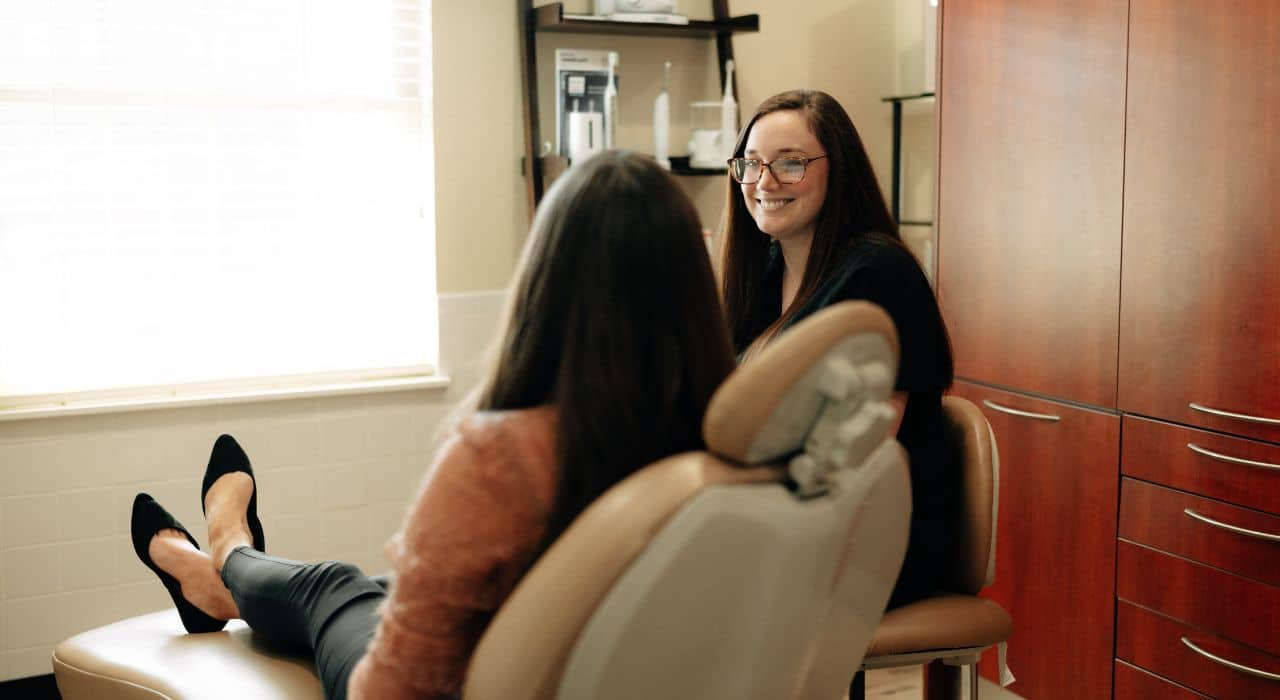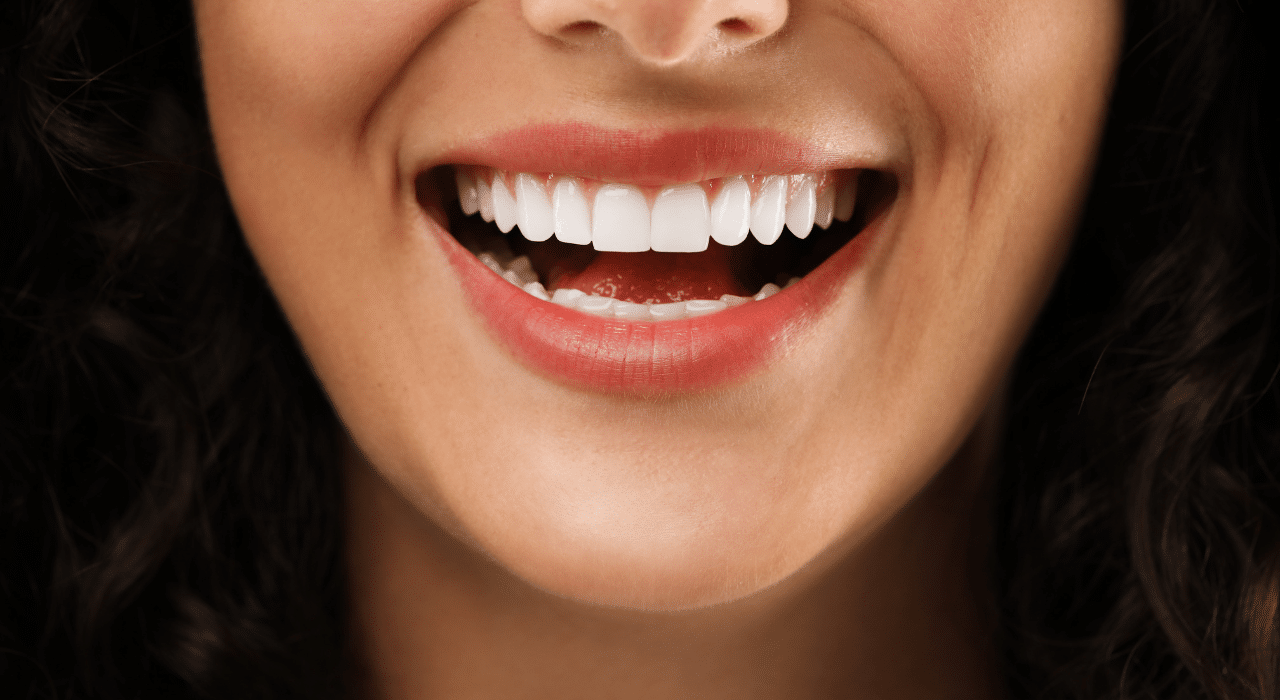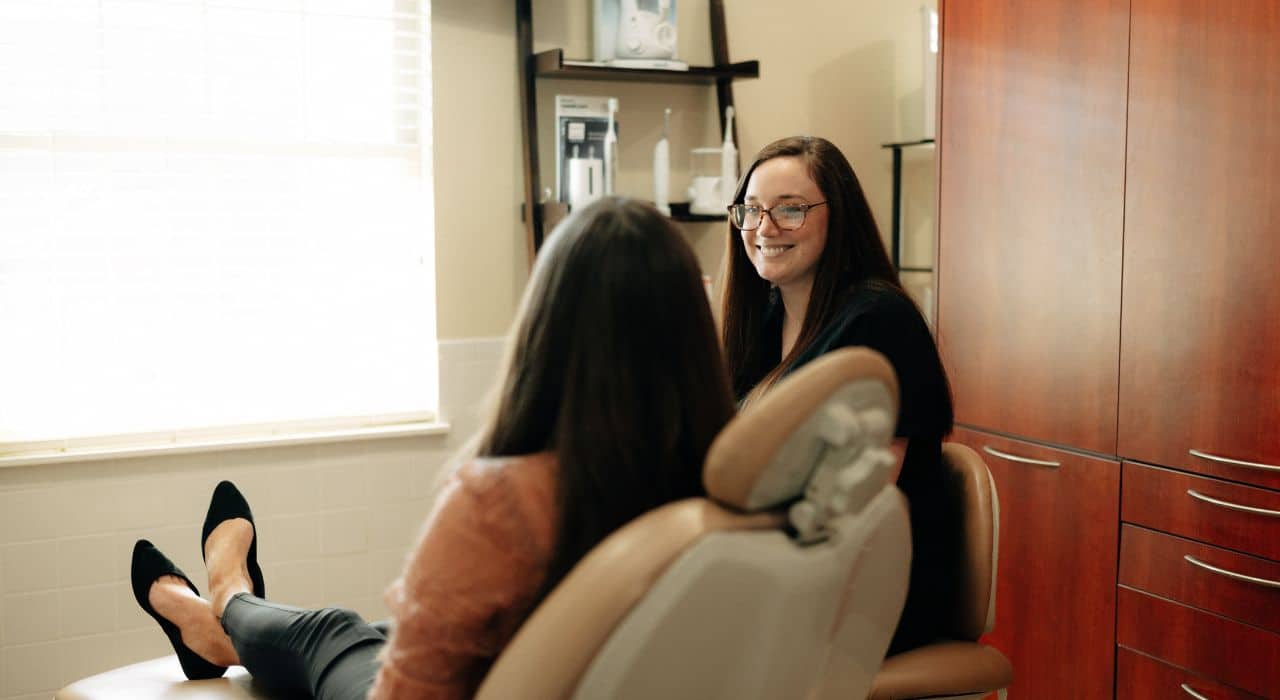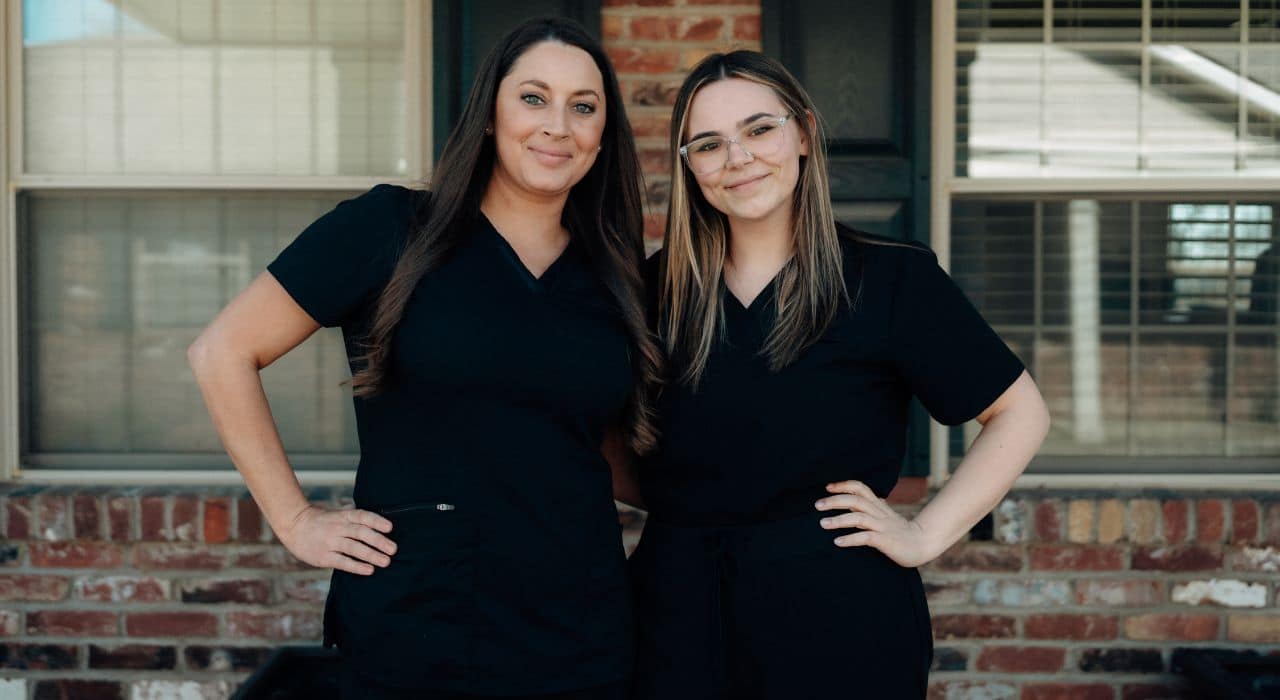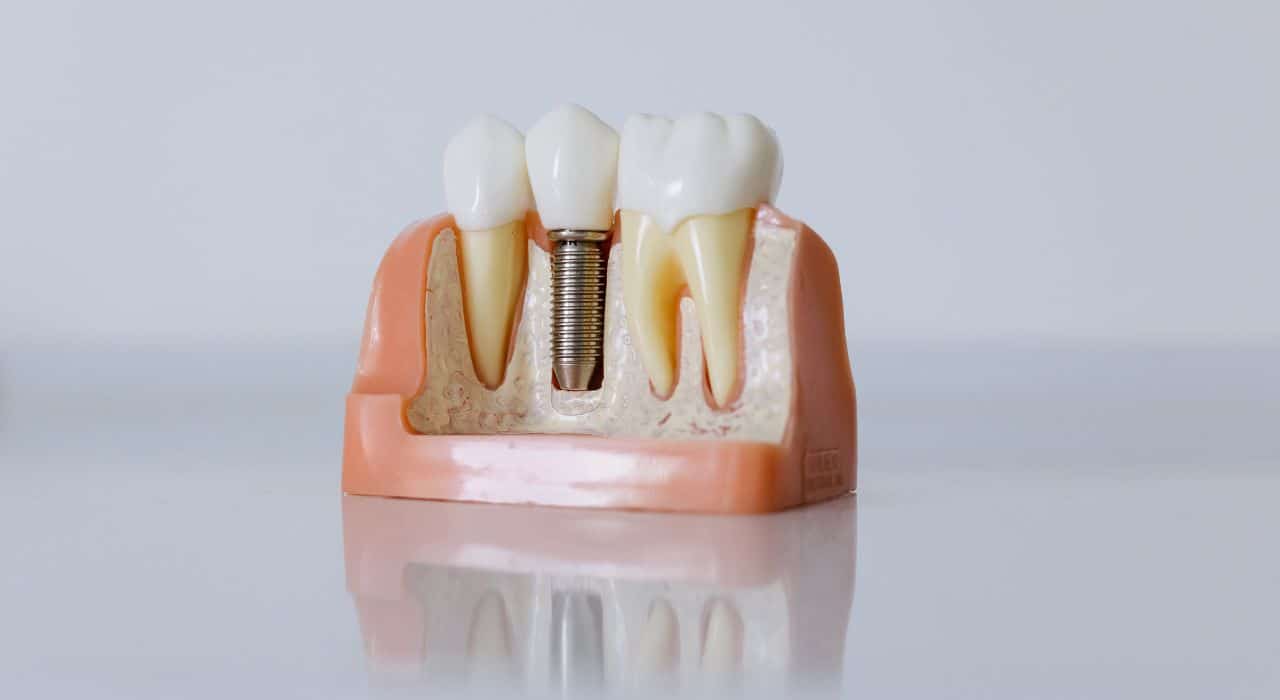The Importance of Regular Dental Checkups
Why You Should Never Skip Your Routine Dental Exams
Maintaining good oral health is essential for overall well-being, and one of the best ways to ensure a healthy smile is by scheduling regular dental checkups. At Park Hills Family Dentistry, we emphasize the importance of preventive dental care to help our patients maintain strong teeth and gums for a lifetime. If you’re looking for the best dentist in Lexington, KY, our team is here to provide expert care tailored to your needs.
Why Regular Dental Checkups Matter
Routine dental visits play a crucial role in maintaining oral health and preventing serious dental issues. Here are some key reasons why regular checkups are essential:
1. Early Detection of Dental Problems
Regular checkups allow your dentist to identify potential issues such as cavities, gum disease, or oral infections before they become major problems. Early detection means easier, less invasive, and more cost-effective treatments.
2. Professional Teeth Cleaning
Even with diligent brushing and flossing, plaque and tartar can build up over time. Professional cleanings help remove these deposits, preventing tooth decay and gum disease.
3. Prevention of Gum Disease
Gum disease is a leading cause of tooth loss in adults. Regular dental visits include gum health assessments to detect early signs of gingivitis and periodontitis, ensuring timely treatment and prevention of complications.
4. Oral Cancer Screenings
Oral cancer is a serious condition that can be life-threatening if not detected early. During checkups, your dentist will examine your mouth for signs of oral cancer, significantly increasing the chances of early detection and successful treatment.
5. Maintaining Overall Health
Oral health is closely linked to overall health. Poor dental hygiene has been associated with conditions such as heart disease, diabetes, and respiratory infections. Regular dental checkups help protect your overall health by ensuring your mouth stays in good condition.
How Often Should You Visit the Dentist?
For most individuals, visiting the dentist every six months is recommended. However, some patients, particularly those with existing dental issues, may need more frequent visits. Your dentist will provide personalized recommendations based on your specific needs.
What to Expect During a Dental Checkup
At Park Hills Family Dentistry, we strive to make every visit comfortable and informative. A typical dental checkup includes:
Comprehensive Oral Examination: Checking for cavities, gum disease, and other oral health issues.
Professional Cleaning: Removing plaque and tartar buildup, followed by polishing your teeth for a fresh, clean feel.
X-Rays (if needed): Identifying any hidden dental issues that aren’t visible during the oral exam.
Oral Cancer Screening: Examining the mouth for any signs of abnormalities.
Personalized Oral Health Advice: Guidance on improving at-home dental care routines and recommendations for necessary treatments.
Choosing the Best Dentist in Lexington, KY
When selecting a dental provider, it’s important to choose a team that prioritizes preventive care and patient comfort. At Park Hills Family Dentistry, we are dedicated to providing top-notch dental care in a welcoming environment. Our experienced team works with patients of all ages to ensure optimal oral health.
If you’re due for a dental checkup, don’t wait—schedule an appointment today with the best dentist in Lexington, KY. Regular checkups are the key to a healthy, beautiful smile!
Contact Park Hills Family Dentistry Today!
Let us help you achieve and maintain excellent oral health!






